Organising Committee - SARA2020
Organising Committee
SARA2020 Local Organising Committee members
Andrés Gálvez, ESA HQ, overall coordination
Peter Kretschmar, ESA/ESAC, local coordination
Alejandro González. ESA/ESAC, technical support
Daniel Wischert, ESA/ESTEC, technical support
SARA2020 Programme Organising Committee members
Marius Berge, MPA, Germany
Nicolas Bonne, U. Portsmouth, UK
Shari Breen, SKAO, UK
Jonathan Chacón, Cabify, Spain
Andrés Gálvez, ESA HQ, France
Mathieu IsIdro, SKAO, UK
Peter Kretschmar, ESA/ESAC, Spain
Natalia Lewandowska, Haverford College, US
Vanessa Moss, CSIRO, Australia
Amalia Ortiz-Gil, OAUV, Spain
Francesca Primas, ESO, Germany
Tim Spuck, AUI, US
Keivan Stassun, U. Vanderbilt, US
Anna Voelker, Ohio State U., US
Bio and summary
Nicolas Bonne
Originally from Australia, Dr Nic Bonne is a vision impaired astronomer and science communicator working as a Public Engagement and Outreach Fellow at the University of Portsmouth's Institute of Cosmology and Gravitation. He currently leads the STFC funded Tactile Universe public engagement project, which is developing free multi-sensory resources to help blind and vision impaired people engage with current topics in astronomy research. Through consultancy, Nic also helps others both nationally and internationally find ways to communicate their science in more accessible modes.
Shari Breen
Shari is a radio astronomer working in the Operations group at SKAO. Part of her current role involves planning the way that the SKAO telescopes will operate and how astronomers will interact with them as well as their data products. Ensuring that the SKAO delivers an Observatory with equity of access - in part by building principles of accessibility into the design of the Observatory - is something she is particularly passionate about. Shari is also a member of the Equality, Diversity and Inclusion Working Group within SKAO.
Jonathan Chacón
Jonathan is an accessibility, usability and new technologies researcher working in Cabify. He is creating the company plan for inclusive culture and he is designing the new guidelines for accessible products in the company. He worked in european projects about accessibility using biometric features, AI, indoor localization and other technologies. In his free time he develops accessible games for smartphones.
Andrés Gálvez
Andrés graduated in Astrophysics at UCM in Madrid and got a master degree in spacecraft engineering at UCL in London. After working at the Mullard Space Science Laboratory in the UK he joined ESA where over two decades he has been leading prospective studies on planetary missions such as ExoMars and the asteroid-bound Hera, and has managed ESA’s Advanced Concepts Team and the Agency’s General Studies Programme; in these posts he has participated in the evaluation of hundreds of R&D activities. Since 2016 he is leading actions on disability for ESA’s Diversity and Inclusiveness Office, and he is pursuing his interest in vision research and retinal dystrophies.
Mathieu Isidro
Mathieu is a public relations & outreach manager at SKAO. His role involves communication, event management as well as education and public outreach - activities where diversity, inclusion and accessibility play a crucial role. Mathieu believes passionately in the role SKAO can play working together with other major organisations like ESA, ESO, the IAU and others to improve EDI in the field. Mathieu is also an Ethical Champion and a member of the Equality, Diversity and Inclusion Working Group within SKAO.
Peter Kretschmar
Peter Kretschmar studied physics and astronomy in Tübingen, Germany, finishing with a PhD in X-ray Astronomy in 1996. He then worked up to end 2004 at the INTEGRAL Science Data Centre, Geneva, Switzerland, before joining ESA at ESAC, Spain, in January 2005. Currently he is the Mission Manager of the XMM-Newton X-ray Observatory. Besides his functional duties he remains an active researcher in high-energy astronomy.
Natalia Lewandowska
Natalia is a multiwavelength astronomer who is currently working as a Visiting Assistant Professor of Physics and Astronomy at Haverford College in PA/USA. Interested in the emission mechanism of highly magnetized and very fast rotating neutron stars known as pulsars, Natalia collaborates with scientists all around the world to study the exotic characteristics of these objects. One of her current projects focuses on the Neutron Star Interior Composition ExploreR (NICER) mission which is an instrument mounted on the International Space Station that was constructed solely for the observations of neutron stars. As a member of the Equity & Inclusion working group of the International Astronomical Union Natalia is currently also the group leader of the Neurodiversity and Mental Health sub working group. Very interested in different aspects of accessibility and diversity Natalia is working closely with members of the neurodiverse community to make the field of Astronomy and Astrophysics more accessible on a international basis.
Vanessa Moss
Dr Vanessa Moss is a radio astronomer based at CSIRO Astronomy and Space Science, working at the boundaries between astronomy, telescope operations and data science. She oversees science operations for the Australian Square Kilometre Array Pathfinder (ASKAP) telescope, managing astronomical observations from specification to the arrival of the data at the Pawsey Supercomputing Centre. Vanessa has a keen interest in data visualisation, automation, science communication and technology, and recently chaired a CSIRO-hosted symposium on "The Future of Meetings", which was an entirely virtual cross-disciplinary conference focused on themes of accessibility, inclusivity, sustainability and technology. She is a strong advocate of a digital-first approach wherever possible and for the process of optimising virtual (and in-person) interaction.
Amelia Ortiz-Gil
Amelia Ortiz-Gil is an astronomer at the Astronomical Observatory of the University of Valencia, Spain, where she is currently working as an Outreach and Public Officer, making a particular effort to reach all kinds of public, specially those with disabilities of any kind.
She worked on image processing of astronomical images of asteroids for her PhD, jumping afterwards to the study of the intergalactic medium and the clusters of galaxies. She worked as a postdoctoral researcher in Italy, Germany, United States and Australia.
She started working on Education and Outreach at the University of Valencia (Spain) in 2002. She was coordinator of the astronomical activities for disabled people of the Spanish node during the International Year of Astronomy in 2009. Amelia is currently chair of the International Astronomical Union’s Working Group on Equity and Inclusion and the National Outreach Coordinator for Spain of the IAU’s Office for Astronomy Outreach (OAO). She also acts as a reviewer for the IAU’s Office of Astronomy for Development (OAD). She is a member of the Executive Committee of the Spanish Astronomical Society and a member of the European Astronomical Society. Amelia has won the Best Educational Resource at the Space Education International Workshop 2016 – Science Fair, the “9 d’Octubre” award of Alberic and the “Prize for Public Engagement with Planetary Sciences 2019” awarded by the European Planetary Society.
Francesca Primas
Francesca is an astronomer working in the ESO Observing Programme Office (OPO), within the Directorate for Science. OPO is in responsible for the release, collection and evaluation of all telescope time requests submitted for ESO ground-based facilities and Francesca is the Project Scientist of the re-haul of the entire Phase 1 services. For the past 15 years, Francesca has also been involved in several initiatives and campaigns in support of women in astronomy, and more recently . She has chaired the IAU Working Group of Women in Astronomy and she represents ESO on the GENERA Network and the EIROforum Ad'hoc Working Group on Diversity & Inclusiveness. She is also a member of the ESO Diversity & Inclusion Committee.
Tim Spuck
Tim is Director of Education & Public Engagement at AUI where he manages the development and implementation of innovative STEM Education efforts. He currently serves as PI on Innovators Developing Accessible Tools for Astronomy (IDATA), Network for Earth-space Research Education and Innovation with Data (NEREID), the Astronomy in Chile Educator Ambassadors Program (ACEAP), and Big Astronomy in Chile through Dome+. Tim also leads ongoing collaborations with the National Society of Black Physicists, Organization of American States, Cortes-Solari Foundation, International Astronomical Union, and others. Prior to his role with AUI he taught astronomy and earth sciences at the high school and university levels and served as a K蝸Science Coordinator. Tim has received the Albert Einstein Distinguished Educator Fellowship, American Institute of Aeronautics & Astronautics Educator Achievement Award, Tandy Technology Scholars Award, and the Pennsylvania Christa McAuliffe Fellowship. He holds a doctorate in Curriculum & Instruction from West Virginia University, and a master’s degree in Science Education from Clarion University of PA. Tim served as lead editor for the Best Practices in STEM Education: Innovative Approaches from Einstein Fellow Alumni, 2nd edition; the 1st edition was awarded the 2014 Peter Lang Publishing Book of the Year.
Keivan Stassun
Keivan Guadalupe Stassun, Ph.D. is Stevenson Professor of Physics & Astronomy at the Vanderbilt University, and Director of the Vanderbilt Initiative in Data-intensive Astrophysics (VIDA) and of the Frist Center for Autism & Innovation at Vanderbilt After earning A.B. degrees in physics and astronomy from UC Berkeley, and the PhD in astrophysics from the University of Wisconsin, Stassun was a NASA Hubble postdoctoral fellow before joining the Vanderbilt faculty in 2003. A recipient of a CAREER award from NSF and a Cottrell Scholar Award from the Research Corporation for Science Advancement, Stassun’s research on stars and exoplanets has appeared in more than 350 peer-reviewed journal articles. He is a co-investigator for the NASA Transiting Exoplanet Survey Satellite (TESS) mission and chairs the executive committee of the Sloan Digital Sky Survey. From 2004 to 2015, he served as founding director of the Fisk-Vanderbilt Masters-to-PhD Bridge Program, which has become one of the nation’s top producers of PhDs to underrepresented minorities in the physical sciences. He has served on the federal Astronomy & Astrophysics Advisory Committee, the NSF Committee for Equal Opportunity in Science and Engineering, is a recipient of the American Physical Society’s Nicholson Medal for Human Outreach, and is an elected Fellow of the American Physical Society, American Astronomical Society, and American Association for the Advancement of Science. He has served as an expert witness to the US House of Representatives Committee on Science and Technology. For the past ten years, Stassun has served as founding director of the Vanderbilt Initiative in Data-intensive Astrophysics. In 2017, Stassun launched the Center for Autism & Innovation, focused on advancing science and engineering through the engagement and advancement of individuals with autism. The Center has become permanently endowed by a $10 million gift from Frist Family Foundation. Most recently, Stassun was selected for a $1 million HHMI Professor award, was named Mentor of the Year by the AAAS, was honored by the White House with a Presidential Award for Excellence in Science and Engineering Mentoring, and has been appointed to the National Academies’Decadal Steering Committee for Astronomy & Astrophysics.
Anna Voelker
Anna Voelker is the Coordinator of Outreach Programs for The Ohio State University Department of Astronomy and the Center for Cosmology and AstroParticle Physics (CCAPP). Anna graduated from The Ohio State University in 2018 with a self-designed degree in Science Communication and Accessibility and a minor in Astronomy and Astrophysics. In 2018, they received the OSU President’s Prize, a $100,000 award for projects that foster social change. Anna used this funding to launch SciAccess, an international initiative designed to promote disability inclusion in STEM.
They hosted the inaugural SciAccess Conference at Ohio State in 2019, bringing together 250 attendees from around the world and featuring over 60 speakers who shared their expertise in science accessibility. This included keynote presentations by space explorer Anousheh Ansari and renowned autism advocate Dr. Temple Grandin. In 2020, the SciAccess Conference went virtual and had over 1,000 registrations from 46 nations and all seven continents. It featured a keynote address from Dr. Soyeon Yi, the first and only South Korean Astronaut. Additional details on SciAccess can be found here.
Anna specializes in accessible astronomy outreach for diverse learners and has worked extensively with blind and vision impaired (BVI) students using 3D printing, data sonification, and other multi-sensory educational approaches. Anna currently runs a variety of astronomy outreach initiatives, including the SciAccess Zenith Mentorship Program, which connects BVI 8-12th grade students from around the world with Ohio State astronomy mentors. Previously, Anna worked in space science outreach at the NASA Kennedy Space Center, the Space Telescope Science Institute, the South African Astronomical Observatory, and the Aerospace Corporation.
- Removed a total of (30) style text-align:justify;
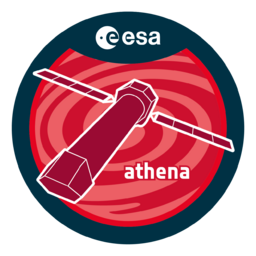
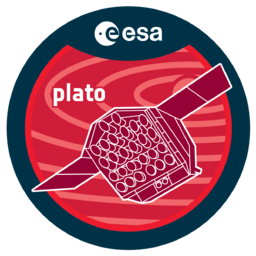
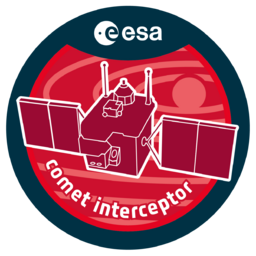

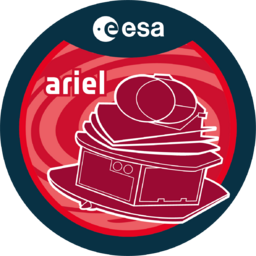
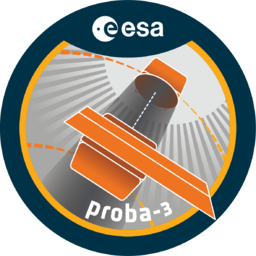
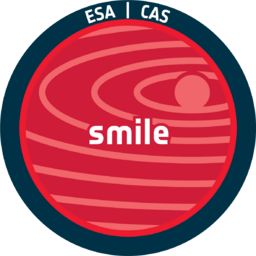
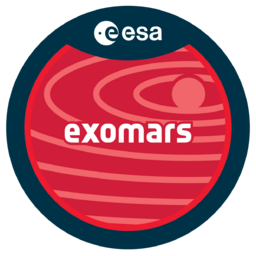
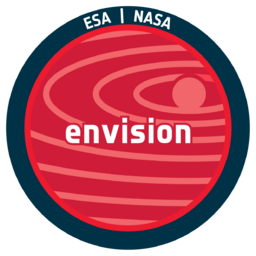
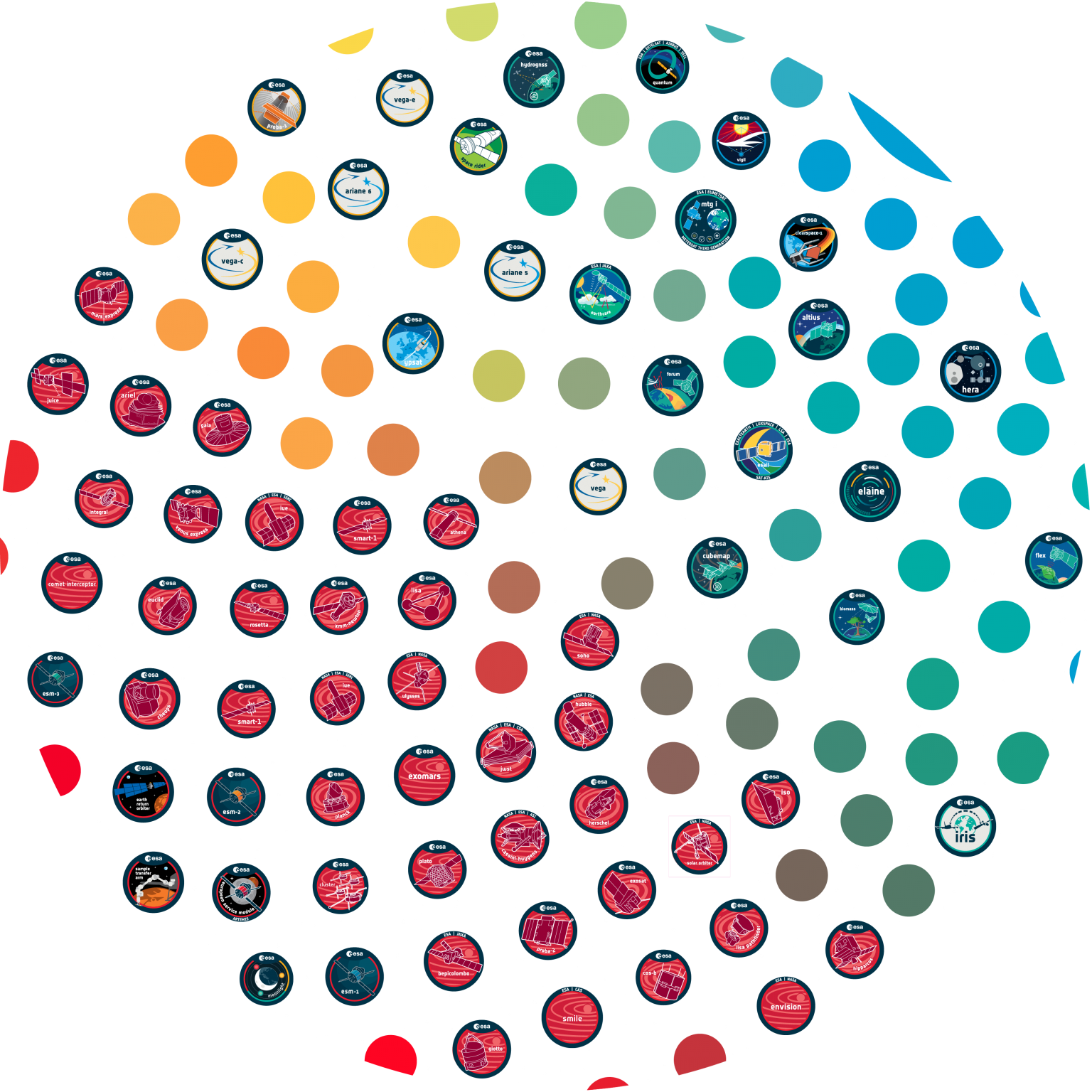
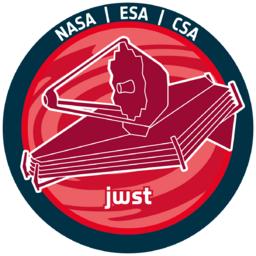
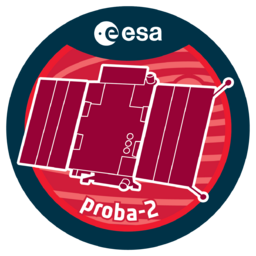
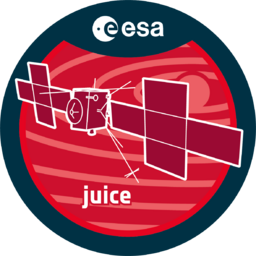
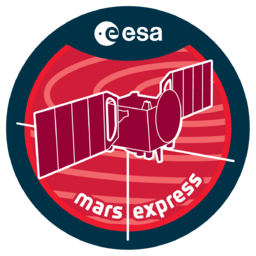
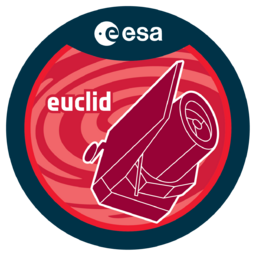
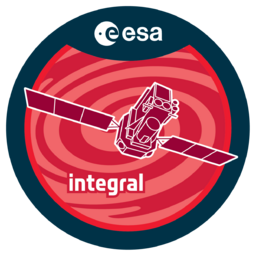
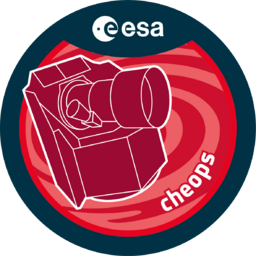
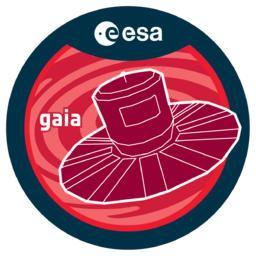
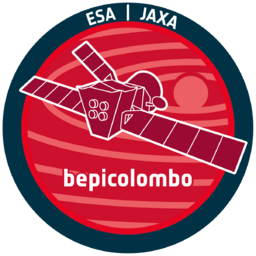
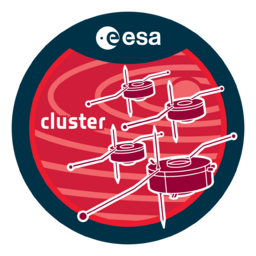
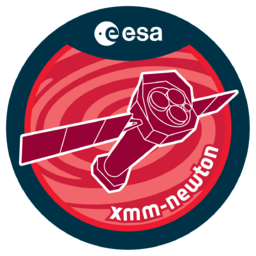
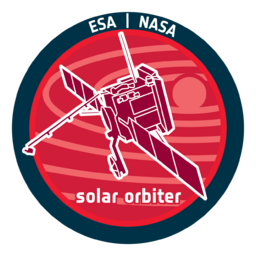
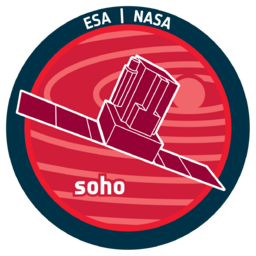
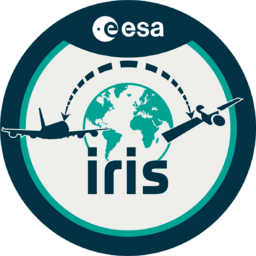
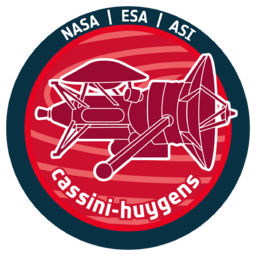
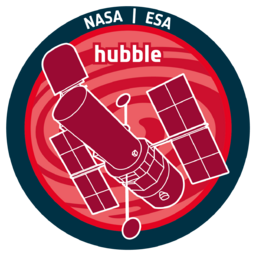
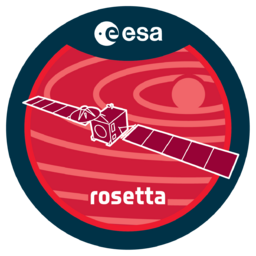
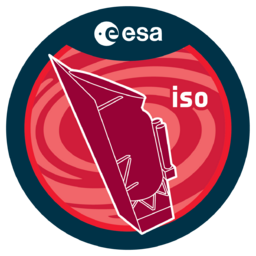

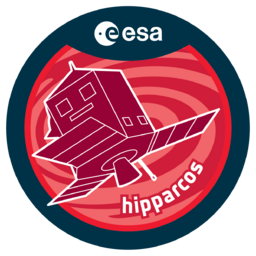
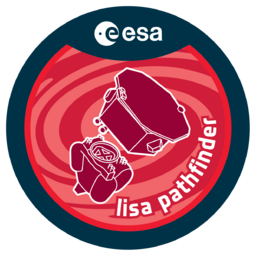
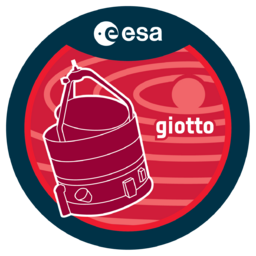
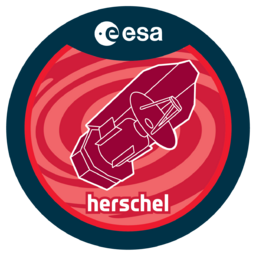
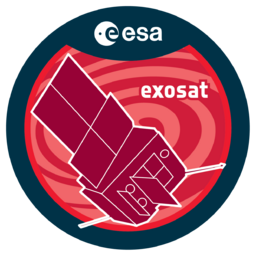
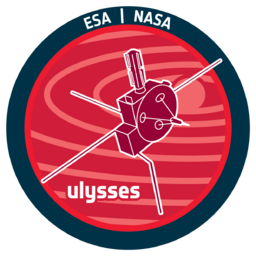
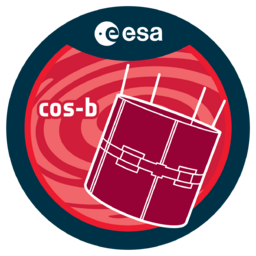
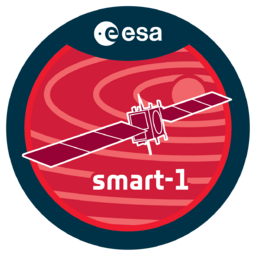
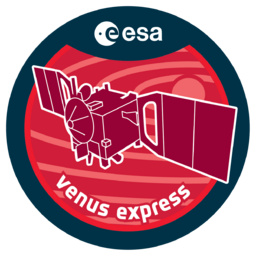
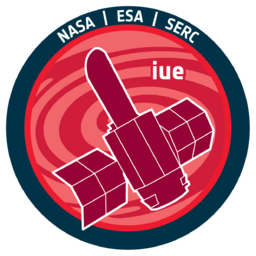

 Sign in
Sign in
 Science & Technology
Science & Technology